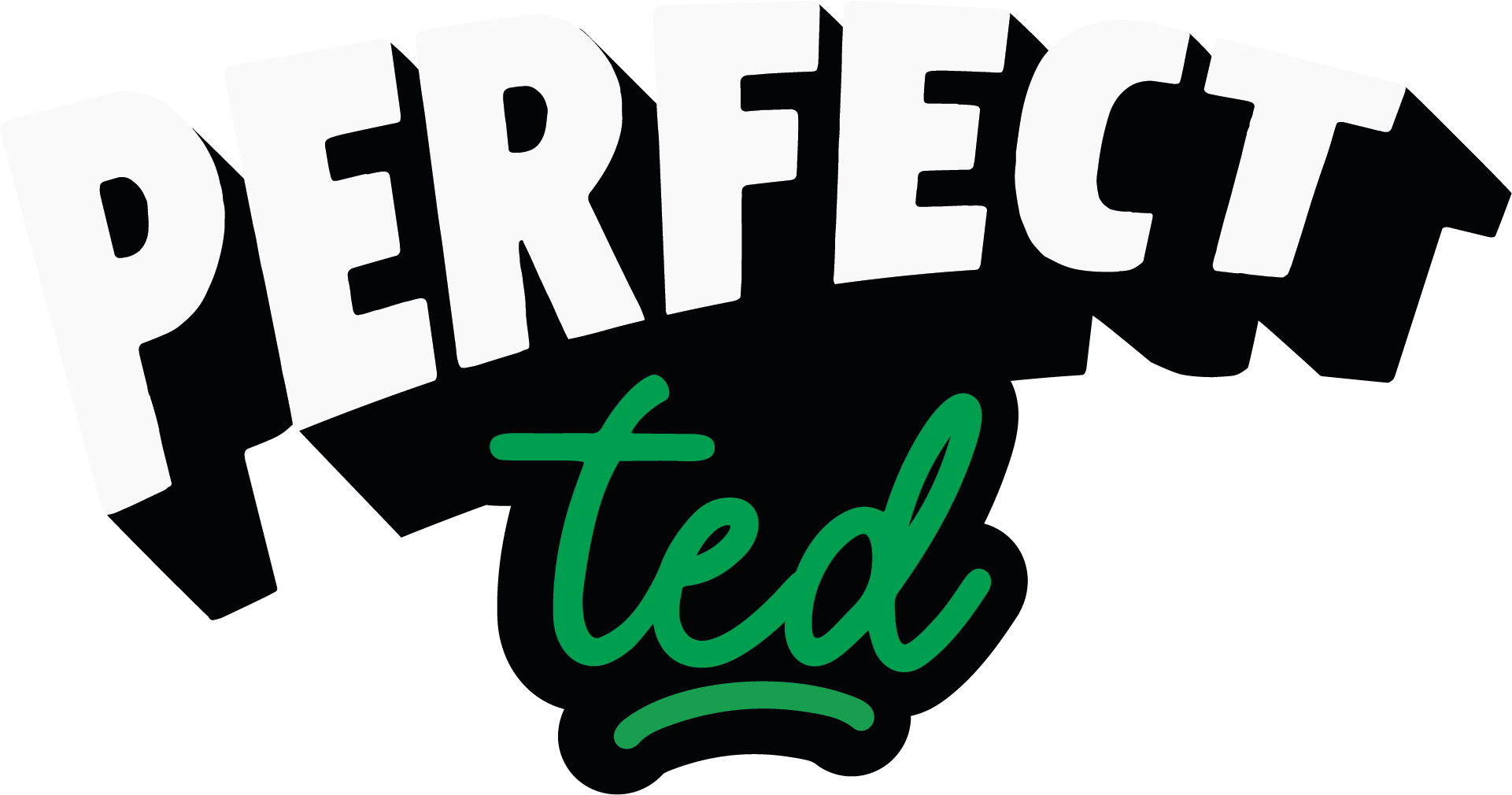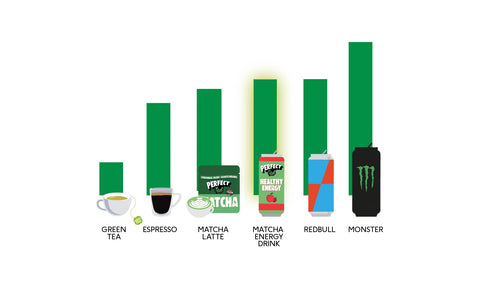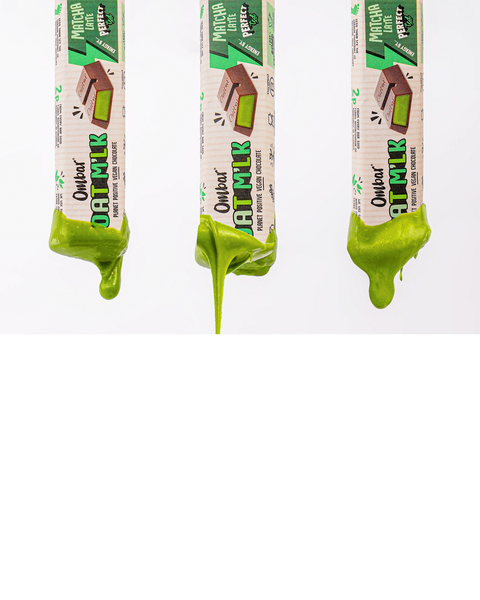Is Matcha Better Than Coffee?
Yes. From a functionality and benefits perspective, matcha is superior, but from a taste perspective… well that’s up to you as they are very different flavours but come on nothing beats an iced matcha latte on a hot day.
What are the benefits of matcha?
Matcha energy is different, the slow grown green tea leaves which become matcha contain the amino acid l-theanine, which so many matcha benefits are tied to. This traditional green tea is packed with antioxidants and delivers a caffeine which provides long-lasting energy. So many matcha converts comment on how their afternoon coffee turned into an anxiety trigger with increased heart rates and stress, followed by the unhelpful energy crash at 3pm, right in the middle of the workday. Matcha contributes to mental performance, by improving alertness, aiding concentration, and enhancing focus.
How do I know Whether Matcha or Coffee is best for me?
Coffee has gained its energy boosting reputation because the impact is so often felt quickly and profoundly – there’s no doubt that it is doing something, but we’d urge you to question whether that something is best for you; are you energetic and calm, or are you jittery and stressed? Did it give an initial boost but only a little while later you’re actually feeling worse than before your first cup?
If you’re questioning which caffeine source to go for, we’d recommend trying matcha for a week. Introduce it slowly, by having a matcha latte made with a high quality matcha powder with or after a meal or snack. Ensure you check in with how you feel – how long has your energy lasted? Has the caffeine made you feel stressed? The impact of matcha can sneak up on you in the best way possible, you start being able to zone in on your work, and then all of a sudden, a few hours have gone by and you’ve ticked loads off of your list!
An Interview with Marisa on her Caffeine Experiences
Does Coffee Stain Your Teeth?
Yes – due to the high number of naturally occurring tannins in coffee, you may notice that your coffee habit is leaving its mark, literally! In addition to this you may have noticed a dry feeling in your mouth after drinking a cup, that is because it can actually dehydrate you, and when your mouth is dry bacteria can increase, which causes bad breath. This is something that we all worry about, especially when we’re at the office or around other people!
Does Matcha Taste Better Than Coffee?
People say matcha is an “acquired taste” but so is coffee – remember the first time you tried coffee? Pretty bitter, very strong and pretty different to anything you’d tasted before. But because it is so widely available, and due to that demand, made to such a high standard you kept trying it until you found something you liked. I’ve already delved into this here, but ultimately the advice is start out with a iced vanilla or fruit matcha latte and go to reputable café where they prepare it properly.
When did you start drinking coffee and what was your order?
A caramel frap at Starbucks at 13, I didn’t get it all the time, it was more of a sweet treat. I never quite got to black coffee, only filter with almond milk.
Do you have any tips for people interested in switching to matcha from coffee?
I would say it depends on where you’re based, if you’re close to a J&TJ try one of the flavoured matchas vanilla or blueberry, or if you want to try at home make a matcha latte and add a little honey or maple syrup. This will acclimate your tastebuds more, over time as with your coffee order it will evolve. If you aren’t using our matcha, make sure you’re using a high quality one that’s not dull in colour. And don’t go to Starbucks.
Did you find it hard making the switch from coffee to matcha?
No because I liked how I felt so much more that I never wanted to go back to other forms of caffeine. Fortunately living in America, higher quality was more accessible than the UK at the time.
Have you had a cup of coffee recently?
Yes, and I felt like shit. I’ll be totally honest with you, there are times when I really haven’t slept and I feel like I need that big hit of caffeine. The next day I had a workout so I had a cup. I felt sick during my workout and had a pounding headache later. I wanted and thought that the short term benefit outweighed long term cost. Not the case. The initial kick is so obvious, your mood and energy level lift so drastically, but the higher the high the lower the low. With matcha you still feel like yourself, not a different version. We don’t want to change who you are, we just want you to feel better. Very simple, it enhances everything.
How do you feel after a cup of matcha vs a cup of coffee?
Simply elevated mood, focus and energy. It negates all the negative over stimulatory effects of caffeine for me. Whereas with coffee I feel jacked up, high energy, massive crash and really anxious due to increased cortisol levels
How do you make your matcha?
I’ve really been relying on my Nutribullet during the week. At the weekend I will indulge in making my matcha traditionally with my bamboo whisk, and bowl. Recently I’ve been struggling to keep up with meditation, but taking the time at the weekend to prepare my matcha traditionally whilst thinking about the history of the product has helped.
How would you describe the flavour of matcha?
I assume most people have tried green tea so it tastes like that, but nuttier. Really good matcha isn’t overpowering, it’s subtle and delicate with a very subtle sweetness. I often put it in my smoothies and it compliments the other flavours so well. If I put in the same amount of coffee as I do matcha (2-3 tsp) my entire smoothie would have been overpowered by coffee.
Why do you think coffee is perceived to be really cool?
I actually think tea houses in Japan are cool. Coffee is bigger there now but that’s western influence. I think this perception all stems from the impact that coffee has had on industrialisation. Coffee shops began in the 1700s in the west and it was where people of industry met to create new ideas, it’s where connection took place. It helped power the industrial revolution. I think it has so much more to do with what it is associated with than what it does for you. It’s a social thing. It’s also a ritual and habitual moment, so many people grab a cup of coffee on the way to work or at the weekend with friends. We live in an experience economy now and people want to get the most out of life, they look to things like clothing, tech etc. people want multi functionality, useful but with the ability to derive joy out of and create and experience out of something. Ultimately coffee s cool for the way it allows relationships to flourish.



